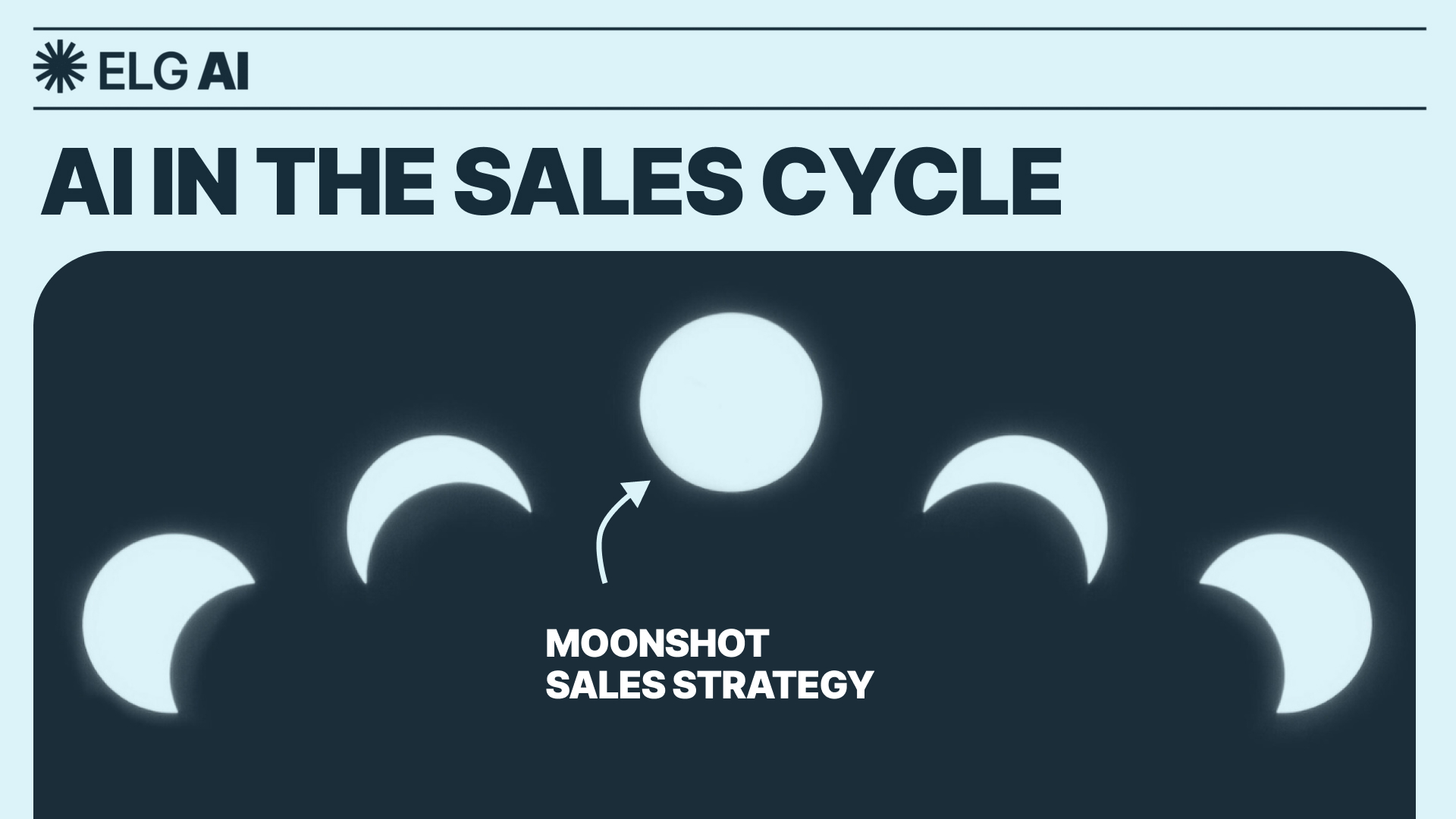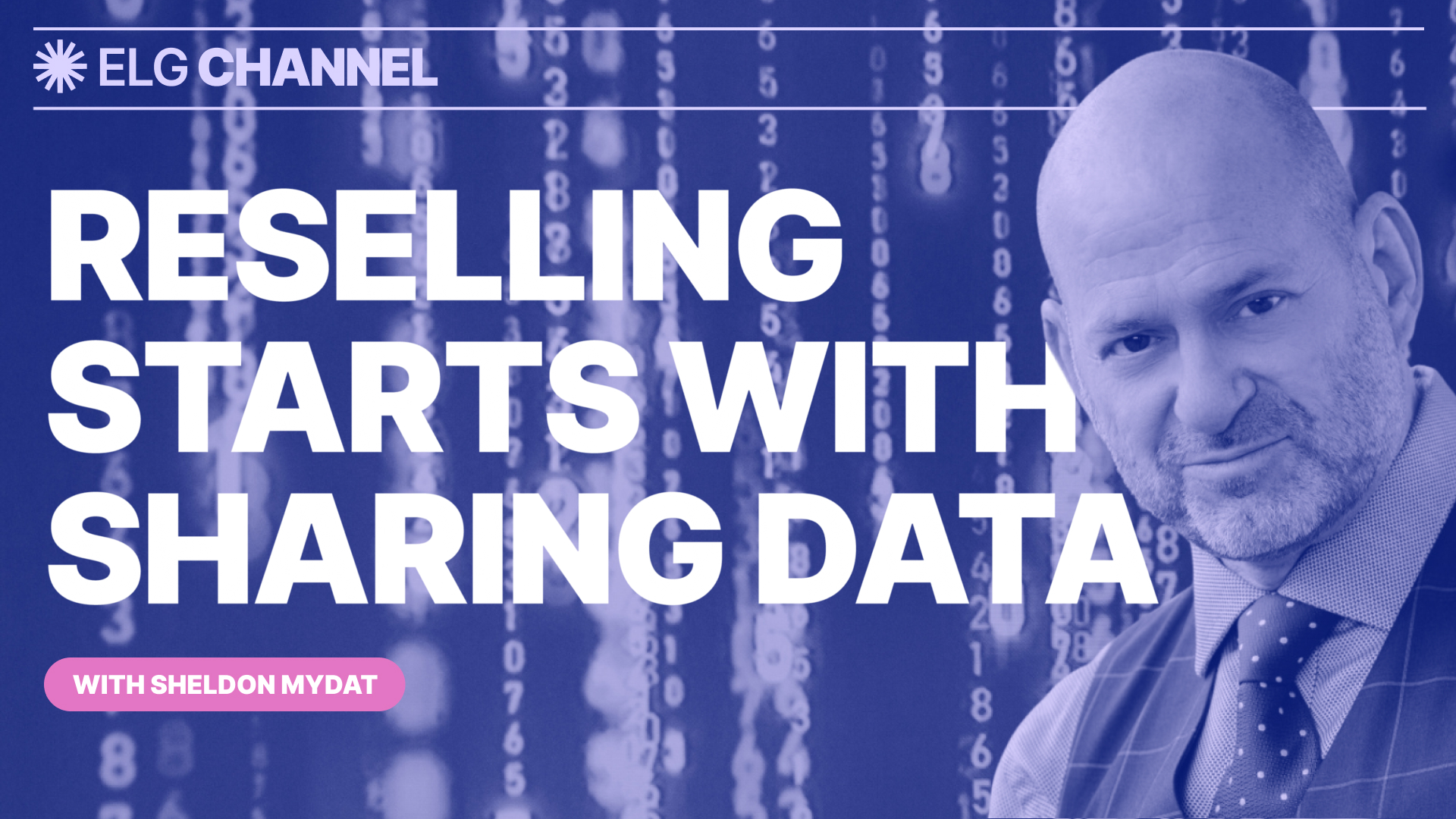Subscribe for Access
Know the warning signs that your partner’s about to have an “exit event” so your partner program doesn’t suffer as a result.

Things are going really well with one of your strategic tech partners.
But then, you get the feeling there’s distance growing between you and your tech partner. Your partner’s sales reps no longer send you leads, and they’re not even answering your emails. Was it something you said?
Maybe. Or maybe your partner’s got a secret up their sleeve. Maybe, just maybe, they’re getting acquired.
No problem, right? Well, that depends on how dependent you’ve become on your partner to generate ecosystem qualified leads (EQLs) and partner-sourced revenue. If you’ve spread your efforts evenly across your best performing partners and helped your other partners level up, then you’ve got nothing to worry about. But if you’ve put all your eggs in one basket, you’ve got a lot of work ahead of you.
We’ve put together a list of the most common signs your tech partner’s about to get acquired and tips for safeguarding your partner program when the time comes, from partnership professionals like you.
(We’ve granted anonymity throughout this post due to the sensitive nature of this topic.)
Sign #1: Your tech partner ghosts you mid go-to-market launch
You’re in the beginning stages of planning a joint webinar with your partner. You’ve had meetings to discuss the exact internal and external team members responsible for each deliverable. For instance: Your marketing team is responsible for building the slides deck and landing page, and your partner’s marketing team will collaborate with your team on establishing the co-marketing messaging. Your partner will also promote the webinar in their private Slack community which comprises mutual prospects.
You’ve done your part, and you’re ready to discuss next steps with your partner, but your partner pushes the follow-up meeting off for a week, and then for another week after that. Or worse, they ghost you.
Or perhaps you’re about to launch your first integration enablement sessions for your partner’s sales reps. Turns out, your partner’s priorities have shifted and they need to focus on enabling their sales reps to sell a different product that takes precedence before all others — their acquirer’s solution.
If you and your partner have an official agreement that they’re suddenly backing out of, there’s probably a pretty big reason. And in some cases, that means your partner’s teeing up to get acquired.
“All of a sudden all these promises were on pause,” says a partner manager at a mid-size SaaS company.
Sign #2: Your consulting partners stop getting business from your tech partner
Sometimes the warning signs come from a third party — your consulting partners who also have a relationship with the tech partner who’s about to get acquired.
Typically, your agency or consulting partners pull you into their existing opportunities and RFPs, and many of those opportunities are sourced by your tech partner. The tech partner knows its client will need custom-tailored services beyond its internal professional services team’s capabilities, so they often bring their agency partner in on co-selling opportunities — and that’s where you come in.
It’s the home run of co-selling. Your agency partner helps their new or existing clients use your tech partner’s product to fulfill their client’s business objectives and recommends your product to streamline their client’s workflow and maximize their efforts. Your integration is a natural fit for their client’s tech stack.
But suddenly these opportunities stop coming your way, and you ask your consulting partner, “What’s up?”. It’s been months since they’ve received a lead from your tech partner.
“Everything dried up. That was a pretty big red flag that something was changing,” says a second partner manager at a mid-size SaaS company.
Sign #3: Your partner incentivizes its sales reps to send clients to its professional services team for all of their service needs
You pick up the phone to talk to your consulting partner, and they fill you in on one of the more immediate reasons they’re hearing from your tech partner less often.
“Oh, my god. Dish!” is what you want to say to your consulting partner, but instead you try to maintain some professionalism.
Your tech partner is no longer incentivizing its internal sales reps to send opportunities to your consulting partner for implementation. Instead, your tech partner’s sales reps are now receiving rewards for bringing opportunities straight to their internal professional services team. These days, your tech partner is keeping the product implementation side of things in-house.
“I got a pretty good idea that our largest partner was about to get acquired, or positioning to be, because they suddenly stopped compensating their sales reps for bringing in partners to do their deployments,” says the second SaaS partner manager.
“Low and behold, my speculation came true.”
Sign #4: Your partner starts prioritizing retention over new business
An acquisition could change your partner’s product offering in a few ways:
- Your partner’s product could remain a separate product from the acquirer’s product. In this case, your partner’s sales team would continue to sell its own product in a similar fashion as before the acquisition. But both companies might prioritize co-selling with and on behalf of the other.
- Your partner and the acquirer combine their sales and marketing efforts to sell the two products together.
- The acquirer folds your partner’s product into their solution as a uniform joint solution.
(For example: Read why Demandbase decided to offer DemandMatrix together with its other solutions.)
Leading up to the acquisition, your partner and the acquirer could be discussing how to move forward with one of the above possibilities. While they’re deliberating on how to sell and package the two products, a risk opens up for your tech partner.
“This [lack of clarity] creates a perfect wedge for competitors to go in and pull customers away, so that’s why it’s huge to protect your house,” says the second partner manager.
They add, “It’s also a lot more comfortable for your partners because you’re asking [existing customers] to help with what they already know, not take a leap of faith on the unknown.”
Sign #5: Your partner hires roles specific to a strategic partnership
Let’s say your partner’s got a strategic partnership with hypothetical company Hextall & Co. You start to notice your partner’s hiring roles like, “Account Manager, Sales, Hextall & Co.”, “Partner Account Manager, Hextall & Co.”, and “Senior Software Engineer, Hextall & Co.”. That’s a big deal. Your tech partner is investing a ton of time, resources, and now dedicated roles to one partnership. Perhaps they’re going all in on the partnership because there’s a big financial benefit. Annnnnd, maybe they’re getting acquired.
“I could see the dotted line between them and [the partner],” says the second partner manager.
“All of a sudden this big partner is having an outsized role in the [tech] partner’s ecosystem,” says the first partner manager.
Advice for safeguarding your partner program if your tech partner’s getting acquired
Don’t invest all of your resources into one big partner.If your tech partner is generating the most revenue, of course you’ll want to keep the momentum going. But make sure to spread out your team’s time and budget towards enabling similar partners that could be generating just as much revenue individually or collectively. If all of your eggs are in one basket and that basket falls, you’ll be back to square one (with a lot of goppy eggshells to clean up).
Help your smaller partners level up. Identify where you can improve your return on investment (ROI) with your smaller partners, and invest in those areas. For example: If your agency partners would drive more revenue to your company if you provide better sales enablement trainings for their reps, you could:
- Develop a handful of training sessions.
- Test the effectiveness of those training sessions with a few select partners to start.
- And then roll the training sessions out to the entire category of partners.
“Now we have a pool of small partners who are as an aggregate doing the same thing as that big one,” says a third partner manager at a mid-size SaaS company.
Understand what the acquisition means for you. In some instances, the acquisition of your tech partner could benefit you and your partner program. Perhaps your tech partner is getting acquired by the target partner of your company’s dreams. Your tech partner could provide your company with direct access to their acquirer. Not only could the acquirer open the doors to new customers through its own partner ecosystem, but the acquirer could also become one of your customers. And that could be a huge business opportunity for you.
“It means you’ve got a foot in the door with this bigger organization potentially,” says the first partner manager.
On the other hand, one of your competitors could acquire your tech partner. If that’s the case, it’s especially important to make up for the loss of your tech partner. They helped fill a gap your product had before, and now your competitor has your tech partner’s solution all to themselves. Enable partners in a similar product category, or identify new ones, so you don’t suffer a loss of prospects and customers because of a product gap that’s been reopened or because of a lack of investment in your co-selling process among your partners.
“We had one huge partner, and that’s where we got a large percentage of our business,” says the third partner manager. “But then, that partner got acquired by one of our competitors.” The solution?
“Be proactive and give more attention to your other partners ahead of time,” says the first partner manager.
Want to know more about how partnerships can be leveraged as a path to acquisition, and prepare to all the changes that are involved? Book a free ELG strategy call with our team.






%20(1).jpg)






.png)




























.jpg)




.png)






.jpg)





.jpg)

.webp)


















.webp)















